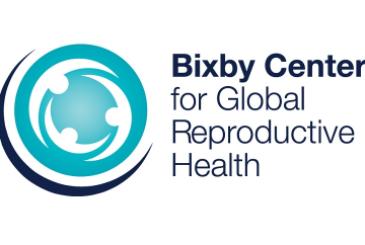Reproductive Health
Sex and gender interact in complex ways to influence health.
"Sex" refers to biological differences between females and males, including chromosomes, sex organs, and endogenous hormonal profiles. "Gender" refers to socially constructed and enacted roles and behaviors which occur in a historical and cultural context and vary across societies and over time. IHPS research provides the evidence to allow all people to achieve sexual and reproductive health.
Image

related publications
All Publicationsrelated partners & programs
experts in this area
Faculty
Social epidemiology; community-based participatory research; adolescent and emerging adult health; research-practice part
Maternal child health quality and equity community partnered research, MCH, social determinants
Racism and health; Intersectionality; Black bioethics; incarceration
Promoting mental health equity in the delivery system and the workplace
workforce divesification, maternal, infant and child health, racial inequities in health, social and structural determinants of health and racism
primary care delivery, the electronic health record, and the healthcare workforce
Basic & translational science of male fertility; Access to care & disparities for fertility patients
Environmental pollution exposures during pregnancy and effects on prenatal and child health
Access to care; sexual and reproductive health; adolescents and young adults



































